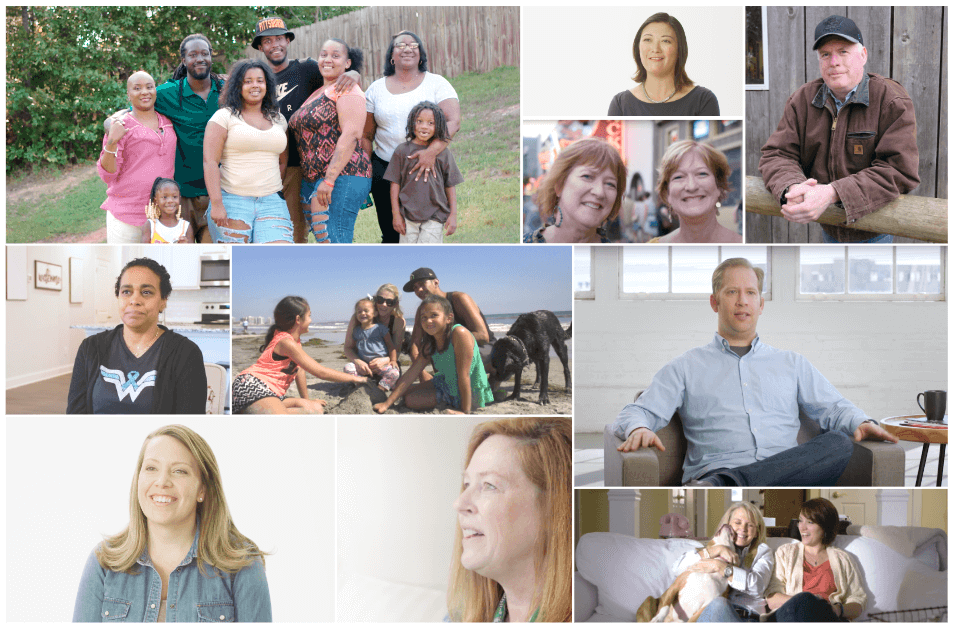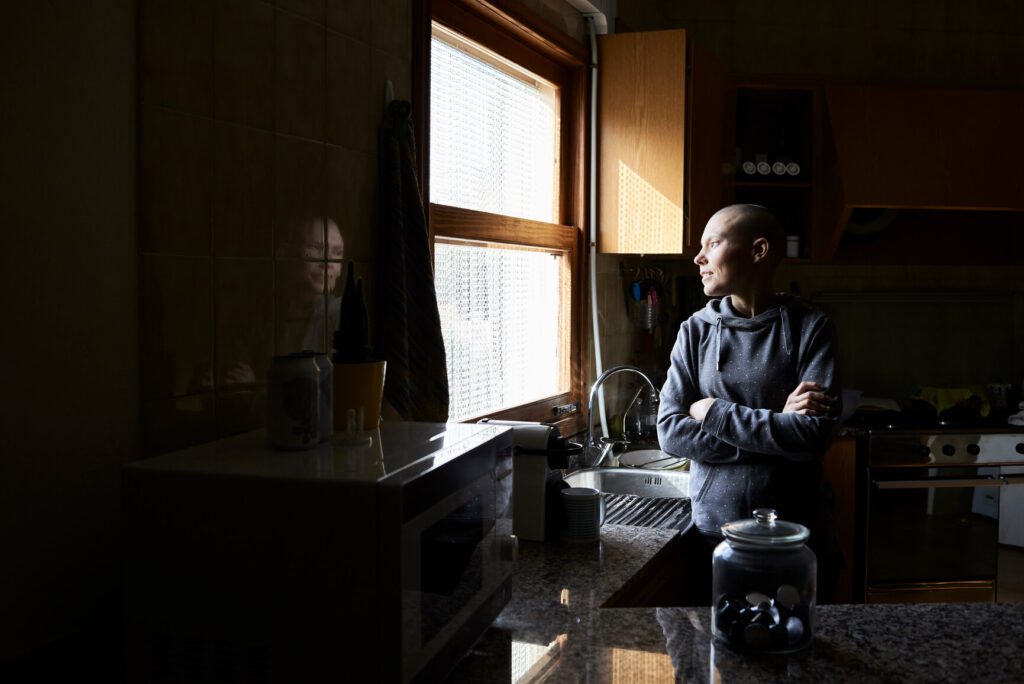News & Articles
Helping Axia Women’s Health empower their patients and families
Parul Somani
Physicians and other leaders from Axia Women’s Health recently gathered in Philadelphia to celebrate the one-year anniversary of the merger of Women’s Health Care Group of Pennsylvania (WHCGPA) and Regional Women’s Health Group (RWHG).
Axia Women’s Health is one of the largest fully integrated women’s health care groups in the U.S., with a mission of creating a more caring, connected, and progressive women’s healthcare community. To reinforce this mission, Dr. Stephen Krell, Executive Chairman & CEO of Axia’s Clinical Group, announced at the anniversary dinner that Axia will be partnering with Color to offer affordable genetic testing to all Axia Women’s Health patients and their families, to help them understand their risk for common hereditary cancers regardless of family history.
“We’re extremely excited to be partnering with Color Genomics, says Dr. Krell. “Inherited cancer screening will let our patients detect cancers at the earliest and most treatable stages and potentially before cancer even arises. We’re especially happy that Color offers this testing at a very affordable rate to make this available to all.”
And we in turn are proud of how Axia values empowering women with critical health information, and we look forward to this important partnership.
Learn more about how you can offer Color to your patients.



